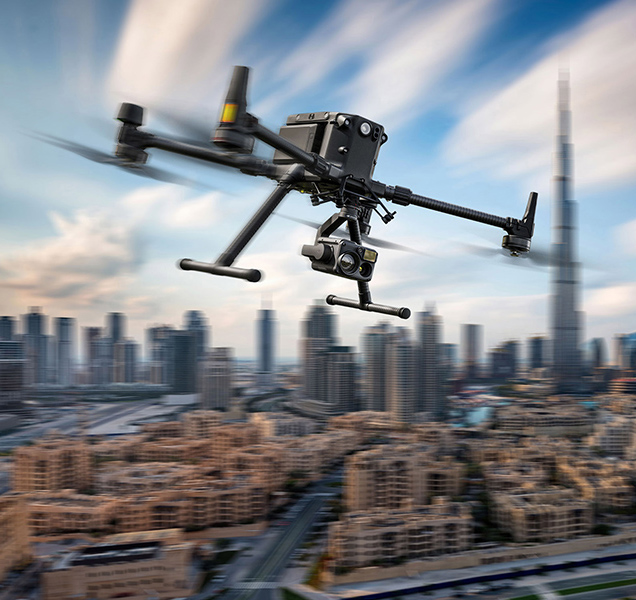Your cart is currently empty!

Destabilized: Surveillance, Smart Cities, and Drone Warfare
A Destabilized Future: The Role of Surveillance, Smart Cities, and Drone Warfare
A critical topic that has significant implications for our freedoms: the potential future where advanced surveillance, smart city initiatives, and drone warfare converge into a scenario of extreme control and destabilization. While some may argue that this perspective falls under the slippery slope fallacy and lacks critical thinking, it’s vital to recognize the importance of staying vigilant to safeguard our freedoms.
The Emerging Landscape of Control
The 5-Eyes alliance, which includes the US, UK, Canada, Australia, and New Zealand, has significantly ramped up its surveillance capabilities over the years. Edward Snowden’s revelations in 2013 gave us an unprecedented look at the extensive data collection and monitoring efforts conducted by these nations. the potential for these surveillance tools to be turned inward for internal control and population management should alarm anyone who values their privacy and civil liberties.
Smart cities leverage advanced technologies to improve urban management, including real-time monitoring, data analytics, and automated systems for transportation and security. While these advancements offer significant benefits, they also pose risks. The same technologies that improve efficiency and lend convenience can also be used for social control, posing significant privacy concerns. In a destabilized future, consolidating populations into smart cities could enable the government to monitor and manage citizens more effectively, raising substantial ethical questions.
The use of drones for surveillance and targeted strikes has revolutionized modern military operations. If the government were to face internal unrest from various factions, these tactics could be deployed domestically. The ability to conduct precise, real-time surveillance and strikes on perceived threats would give the government a significant tactical edge but at the cost of ethical and legal implications. The prospect of using military-grade technology against domestic populations should be a wake-up call for everyone.
Balancing the Nuance
Believing that these developments will inevitably lead to a dystopian future where the federal government consolidates populations into smart cities and uses drone warfare to suppress dissent falls into the slippery slope fallacy. This fallacy assumes that a relatively small initial step will lead to a chain of related events culminating in a significant negative effect without sufficient evidence to support such a causal chain.
Why It’s a Fallacy: While the technologies and tactics discussed can be used for control, assuming they will inevitably lead to a highly controlled dystopian future without considering the many checks and balances in place is an exaggeration. Each step in the chain of events, from enhanced surveillance to population control and the establishment of a North American Union, lacks strong, direct evidence linking these outcomes. However, in our increasingly consolidated economy whre international corporate interest have ever-growing influence of our political arena through the lobby class, the risk is not to be underestimated.
The Importance of Vigilance
Despite falling into the slippery slope fallacy, the concerns about privacy, civil liberties, and government overreach are valid. Historical examples of government overreach, such as the internment of Japanese Americans during World War II and the surveillance activities revealed by Snowden, highlight the importance of vigilance.
Democratic Safeguards: Engage in democratic processes that provide mechanisms to check government power, such as judicial review, legislative oversight, and a free press. Public awareness and activism can hold leaders accountable and push back against policies that threaten freedoms.
Engaged Citizenship: Voting in elections at all levels of government influences policy and ensures representatives protect civil rights. Participate in public discourse to shape policy agendas and hold leaders accountable.
Legal Protections: Support or engage in legal challenges against laws or policies infringing on civil liberties. Advocate for reforms that enhance transparency, accountability, and privacy protections.
Where does that leave us?
While a conviction in a highly controlled, destabilized future involving surveillance, smart cities, and drone warfare as our inevtiable future falls into the slippery slope fallacy and lacks an understanding of nuance, it underscores the need for vigilance. Protecting freedoms through active citizenship, legal advocacy, and policy reform, and embracing decentralization in governance remains crucial. By staying informed and engaged, we can ensure that our democratic institutions continue to safeguard our civil liberties against potential overreach.
Sources:

Leave a Reply